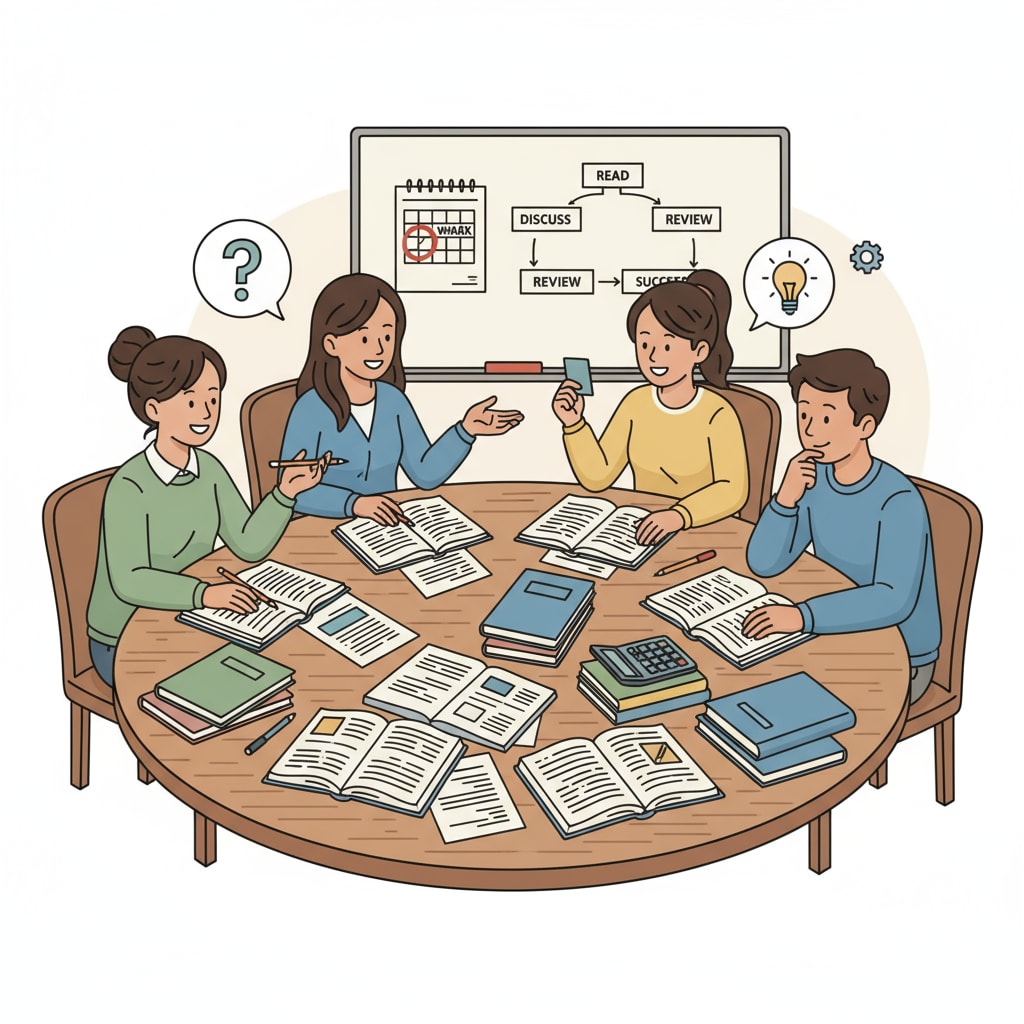Exam failure, inadequate preparation, and exam preparation are crucial aspects that every K12 student has to grapple with. Many students experience the disappointment of failing an exam, and more often than not, inadequate preparation lies at the heart of the problem. However, with the right strategies, students can turn their fortunes around and achieve success.

Unveiling the Reasons for Exam Failure
One of the primary reasons for exam failure is indeed inadequate preparation. This could manifest in various ways. For example, some students might not allocate sufficient time for studying. They procrastinate, leaving the bulk of their revision to the last minute. As a result, they are unable to cover all the necessary material thoroughly. Another factor is a lack of understanding of the exam format and requirements. Without knowing what to expect, students may find themselves ill-prepared. According to Education.com, students who don’t grasp the exam structure often struggle to answer questions effectively.

The Importance of Proper Exam Preparation
Proper exam preparation is the key to success. It not only helps students acquire the knowledge and skills needed to perform well but also boosts their confidence. When students are well-prepared, they are more likely to approach the exam with a positive mindset. This, in turn, can enhance their performance. Additionally, good preparation allows students to manage their time effectively during the exam. As per Teachervision, students who plan their study schedule in advance are better equipped to handle the pressure of exams.
Now that we understand the reasons for exam failure and the importance of preparation, let’s explore some effective exam preparation strategies.
Effective Exam Preparation Strategies
- Create a Study Schedule: Plan your study time in advance. Allocate specific time slots for each subject and stick to the schedule. This will ensure that you cover all the material systematically.
- Understand the Exam Format: Familiarize yourself with the types of questions, the marking scheme, and the time limit. This knowledge will help you tailor your preparation accordingly.
- Use Active Learning Techniques: Instead of passively reading, engage in active learning. This could include summarizing, teaching the material to someone else, or creating flashcards.
- Take Practice Exams: Practice makes perfect. Solve previous years’ question papers or sample papers to get a feel of the exam and identify your weak areas.
Readability guidance: By following these strategies, students can overcome the challenges of exam failure and inadequate preparation. They can build a solid foundation for success in their academic journey. Remember, with dedication and the right approach, every student can transform from a struggling test-taker to an exam champion.


